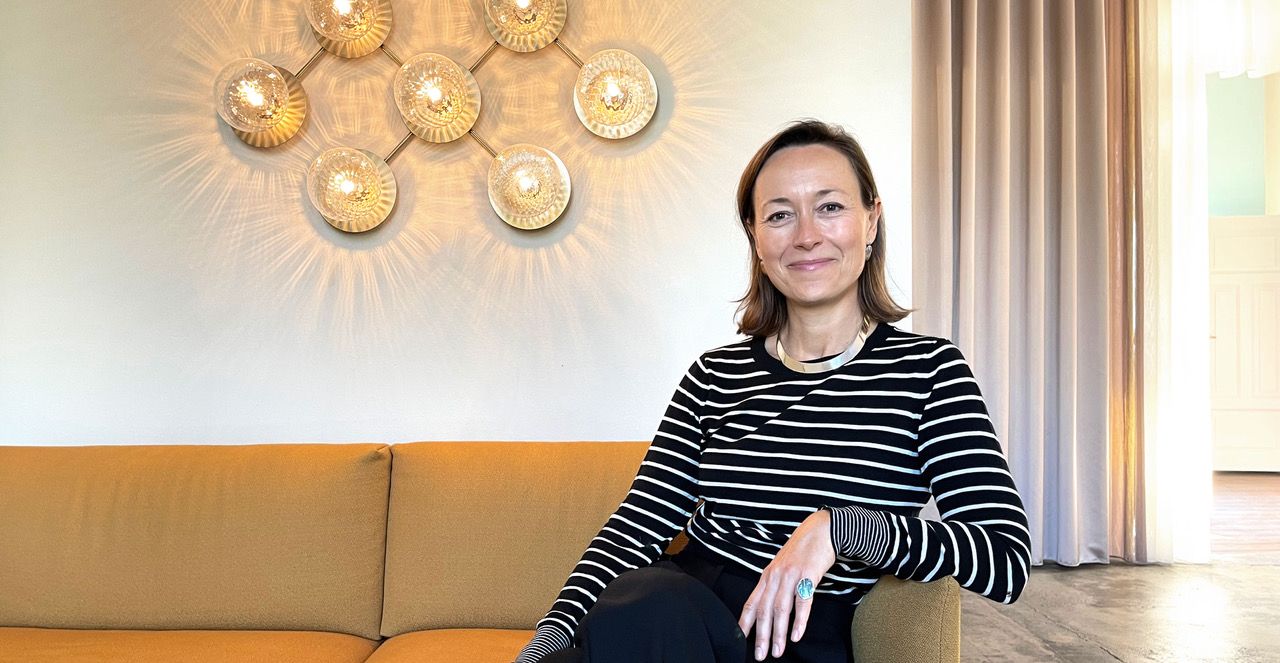For the last six years, I have coached numerous executives with international backgrounds. Many of them have been baffled by the Danish vacation culture. How can I lead this team when supposedly serious people go on leave for weeks without any way of reaching them?
The answer is: It is cultural – and systemic. For example, see this typical email sent out by HR-departments each year around April or May:
“Remember to take your three-week summer holiday – preferably consecutively. Try to de-stress by not reading or responding to work emails during your holiday. This also applies to managers, who should be good role models.”
Huh?
This attitude towards work and vacations is often surprising to those used to a more intense work culture. It reflects a deeper understanding of us as individuals and society – showing the continued impact of the Danish philosopher N.F.S. Grundtvig (1783-1872).
Grundtvig emphasized holistic development, community, and meaningful engagement. He believed education and work should not only be about knowledge or economic gain but also personal growth and a fulfilling life.
Does this sound familiar? Two hundred years after Grundtvig, management thought leaders like Patrick Lencioni, Daniel Pink, Simon Sinek, and Brené Brown advocate for meaningful work, continuous learning, genuine trust, and control over one’s work, echoing Grundtvig’s ideas.
According to Grundtvig, work should be meaningful and engaging. He criticized repetitive, industrial work devoid of personal significance, advocating instead for fulfilling work that aligns with individual passions and values.
A significant part of Grundtvig’s philosophy was lifelong learning. He advocated continuous education, believing learning should not stop after formal education. The concepts of Efterskole and Højskole stem directly from Grundtvig’s thoughts.
Ongoing development is deeply entrenched in Danish workplaces. “I don’t know enough to do my work and need training” is seen as taking responsibility for development.
Grundtvig placed a strong emphasis on community. He believed work should foster cooperation and strengthen community bonds. This is reflected in Danish workplaces, which prioritize teamwork, mutual respect, and a sense of belonging.
Danes today still follow Grundtvig’s script. Their expectations of themselves, their colleagues, managers, and their workplaces are influenced by his thoughts.
If your background is in a culture that doesn’t align with these values, it can be challenging. It requires reflection on why you do what you do – and sometimes unlearning to harmonize with the Danish approach to work and leadership.
Do it one step at a time. As we approach the summer holidays, remember Grundtvig: Be a good role model by taking a long vacation. Your understanding of how to lead Danes will benefit from it.


